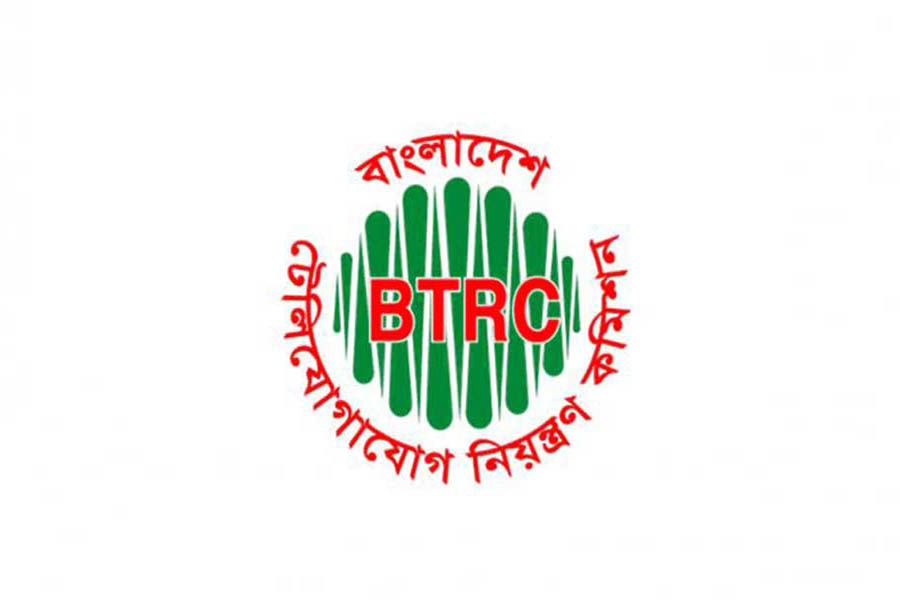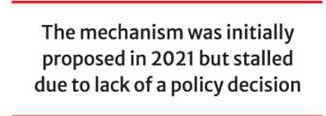
Published :
Updated :

Bangladesh Telecommunication Regulatory Commission (BTRC) is once again moving forward with the implementation of the National Equipment Identity Register (NEIR), aiming to curb illegal handset usage through a triplet-based registration system.
However, industry insiders warned that the complex deregistration process-requiring a match of the device's IMEI, user's National ID (NID), and SIM's MSISDN or IMSI-could pose significant challenges for millions of mobile users.
While mobile operators have welcomed the broader objective of blocking unauthorised devices, they are raising concerns over the intricacy of deregistration requirements, which they say may cause unnecessary hardship, particularly for women and rural users whose SIM cards are often registered under family heads.
The NEIR system, designed to integrate mobile operators' Equipment Identity Registers (EIRs) with a centralised national database, was initially proposed in 2021 but stalled due to lack of a policy decision.
After discussions resumed in early 2024, the BTRC circulated the updated process flow in the first quarter, but progress was again delayed until the initiative was revived at the end of the year.
Under the planned new protocol, every mobile handset must be registered using the triplet system, linking the IMEI number to a specific NID and SIM card.

Although this mechanism is intended to enhance traceability, stakeholders fear that its practical implications-such as deregistering devices each time a SIM is changed or a phone is loaned-will severely impact day-to-day mobile use.
They pointed out that deregistration becomes even more problematic when SIMs are registered under different NIDs, as is common among women and rural families.
In such cases, the actual user may not be able to verify or access the registered identity details, making deregistration virtually impossible.
The complexity could also disrupt the handset repair ecosystem, with customers required to deregister devices before servicing, and technicians needing to re-register them before returning.
Additionally, if a new handset's IMEI is already listed in the NEIR, proving ownership may be difficult without proper documentation.
In response, mobile operators have urged the regulator to adopt a more user-friendly model.
The Association of Mobile Telecom Operators of Bangladesh (AMTOB) formally proposed simplifying the system by focusing solely on blocking illegal devices without enforcing cumbersome deregistration procedures.
AMTOB Secretary General Lt Col Mohammad Zulfikar (Retd.) suggested a six-month transition period to allow users to adapt and called for a dedicated mechanism to resolve technical glitches.
While recognising the NEIR's potential to reduce handset-related crimes, he warned that its success depends on balanced and phased implementation.
However, Bangladesh Telecommunication Regulatory Commission (BTRC) Deputy Director Zakir Hossain Khan said the deregistration process was finalised after extensive consultation and is essential for citizen's empowerment.
"BTRC does not see any necessity for modification," he said, adding that the process could still be evaluated for possible optimisation. "The NEIR system will be implemented as per the government's decision at the designated time."
bdsmile@gmail.com


 For all latest news, follow The Financial Express Google News channel.
For all latest news, follow The Financial Express Google News channel.